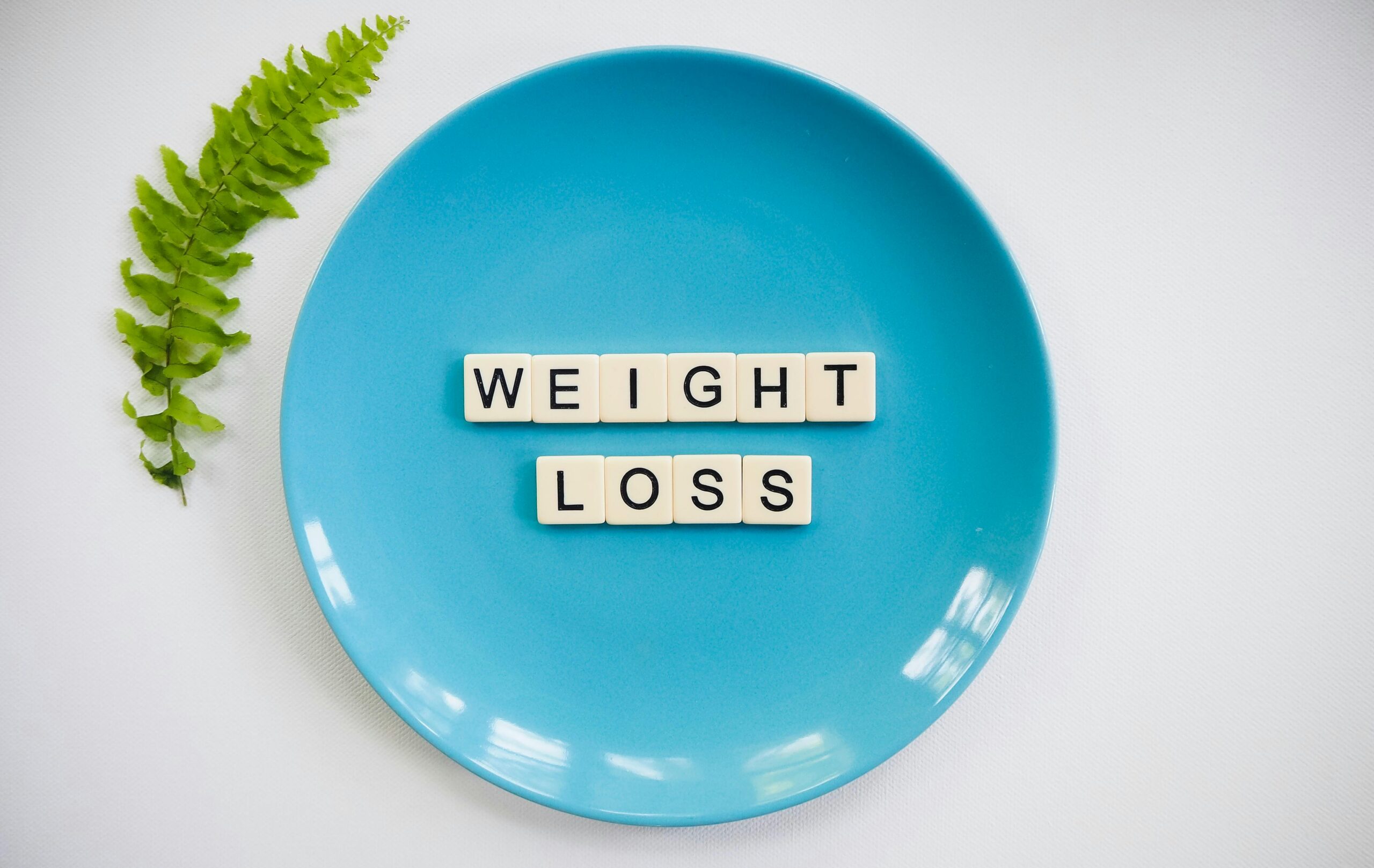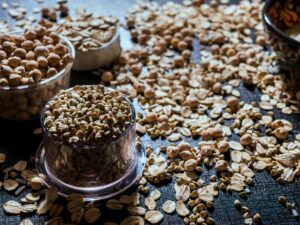Introduction
Have you ever had the feeling that the weight will not go away no matter what you do? You are not by yourself. Despite their best efforts, weight loss remains elusive for many people. You may be shocked to hear that there may be very unexpected reasons for your difficulties. Let’s dive into some lesser-known factors that could be holding you back.
Reason 1: Undereating and Overtraining
You may believe that the secret to losing weight is to eat less and exercise more. Not quite, though. Your body may enter survival mode if you drastically reduce your caloric intake and increase your exercise routine. We refer to this as metabolic adaptation. Essentially, your body becomes more efficient at using energy, meaning it burns fewer calories.
Furthermore, overtraining can raise stress hormones like cortisol, which can cause weight gain, particularly in the middle. You may be undereating if you are constantly exhausted, easily agitated, and do not see results from your hard work.
Reason 2: Not Getting Enough Sleep
Were you aware that losing weight requires sleep? Your metabolism slows down and your hunger hormones become imbalanced when you do not get enough sleep. The hormone that signals hunger, ghrelin, rises while leptin, which indicates fullness, falls.
When attempting to lose weight, it is a surefire way to go wrong. Aim for seven to nine hours of good sleep every night. Maintaining a regular sleep schedule and setting up a relaxing environment are examples of good sleep hygiene that can really help.
Reason 3: Hidden Sugar in Your Diet
Sugar is cunning. It lurks in a lot of foods you would not think to look for, including dressings, sauces, and even some purportedly “health foods.” These hidden sugars can sabotage your weight loss efforts by causing blood sugar spikes and crashes, leading to increased hunger and cravings.
Increase your attention to reading food labels and keep an eye out for ingredients like maltose, dextrose, and high fructose corn syrup. Cutting back on hidden sugars can help stabilize your blood sugar levels and reduce those pesky cravings.
Reason 4: Chronic Stress
Stress is a big barrier to weight loss. Stress causes your body to release cortisol, a hormone that can boost hunger and promote fat storage, particularly in the belly area. Prolonged stress also makes it more difficult to maintain healthy routines and may trigger emotional eating.
Try adding stress-reduction methods into your daily routine, such as yoga, meditation, or even basic deep breathing exercises. Learning stress management techniques can have a significant impact on your weight-loss efforts. Read this article Mental Health and Weight Loss: Surprising Relationship.
Reason 5: Gut Health Issues
Your entire well-being, including your weight, is greatly influenced by the health of your gut. An equilibrium gut microbiota is beneficial for controlling metabolism, digestion, and even mood. Unbalanced gut flora can cause bloating, inflammation, and weight gain, among other problems.
Check for signs of poor gut health, such as fatigue, skin issues, and digestive discomfort. Consuming foods high in probiotics, such as kefir, yogurt, and fermented veggies, can enhance gut health and aid in weight loss.
Creating a Balanced Diet Plan
Maintaining a balanced diet that includes all three macronutrients—carbs, proteins, and fats—is crucial for successful weight loss. A sample meal plan might include:
- Breakfast: Greek yogurt with berries and a sprinkle of nuts.
- Lunch: Grilled chicken salad with a variety of colorful vegetables.
- Dinner: Baked salmon with quinoa and steamed broccoli.
- Snacks: Fresh fruit, hummus with veggies, or a handful of almonds.
Remember to stay hydrated! Water improves digestion and makes you feel fuller, which lowers the chance that you will overeat.
The Role of Exercise
It is important to find the right kind of exercise. Although aerobic exercise is excellent for burning calories, strength training contributes to muscle growth, which can increase metabolism. Incorporate a mix of both for optimal results.
Always pay attention to your body and give yourself enough time to heal. Overtraining can sabotage your attempts to lose weight by causing burnout and injuries.
Importance of Consistency and Patience
Losing weight is a journey, not a race. Keeping track of your progress and setting reasonable goals will help you stay motivated. Plateaus occur frequently during the process; try not to let them depress you. Remain steadfast and acknowledge minor accomplishments along the journey.
The Impact of Genetics
Your weight may be influenced by your genetic makeup. It is a natural tendency for some people to be heavier than others. You can customize your weight loss strategy by being aware of your genetic predispositions. If you are interested in learning how your genetic makeup might be impacting your efforts, there are options for genetic testing.
Mindful Eating Practices
Eating mindfully entails giving your entire eating experience your whole attention. It can enhance your relationship with food, stop overeating, and help you recognize signs of hunger and fullness. Make an effort to focus only on your food, enjoy every bite, and pay attention to your body’s cues.
Hydration and Its Role in Weight Loss
Water can help regulate hunger and is necessary for metabolism. Sometimes people confuse their thirst for hunger, which results in needless snacking. Make it a goal to consume eight glasses or more of water each day, and be aware of symptoms such as fatigue, dark urine, and dry mouth that indicate dehydration.
The Social Factor
Your social circle can influence your eating habits and weight loss success. Social gatherings often revolve around food and drink, which can make sticking to your plan challenging. Develop strategies for navigating these situations, such as eating a healthy snack before going out or bringing a healthy dish to share.
Supplements: Help or Hype?
Many weight loss supplements claim to offer quick fixes, but not all are effective or safe. Common supplements include green tea extract, garcinia cambogia, and conjugated linoleic acid (CLA). While some may offer modest benefits, it’s crucial to approach them with caution and consult with a healthcare professional before starting any new supplement regimen.
Conclusion
Weight loss is a complex journey influenced by various factors beyond diet and exercises. By addressing issues like undereating, sleep deprivation, hidden sugars, chronic stress, and gut health, you can tackle some of the surprising reasons you’re struggling to lose weight. Remember to be patient, stay consistent, and take a holistic approach to achieve your goals.
FAQs
How can I tell if I’m undereating? If you’re constantly tired, irritable, and not seeing results despite your efforts, you might be undereating. Other signs include hair loss, frequent illness, and a lack of menstrual periods in women.
What are the best foods for gut health? Probiotic-rich foods like yogurt, kefir, and fermented vegetables, as well as fiber-rich foods like fruits, vegetables, and whole grains, are great for gut health.
How much sleep do I really need? Most adults need 7-9 hours of sleep per night. However, individual needs can vary, so it’s essential to listen to your body and adjust accordingly.
Are weight-loss supplements safe? Some supplements may offer modest benefits, but it’s crucial to approach them with caution. Always consult with a healthcare professional before starting any new supplement regimen.How can I stay motivated during my weight-loss journey? Set realistic goals, track your progress, and celebrate small victories. Surround yourself with supportive people, and remember that weight loss is a marathon, not a sprint.




